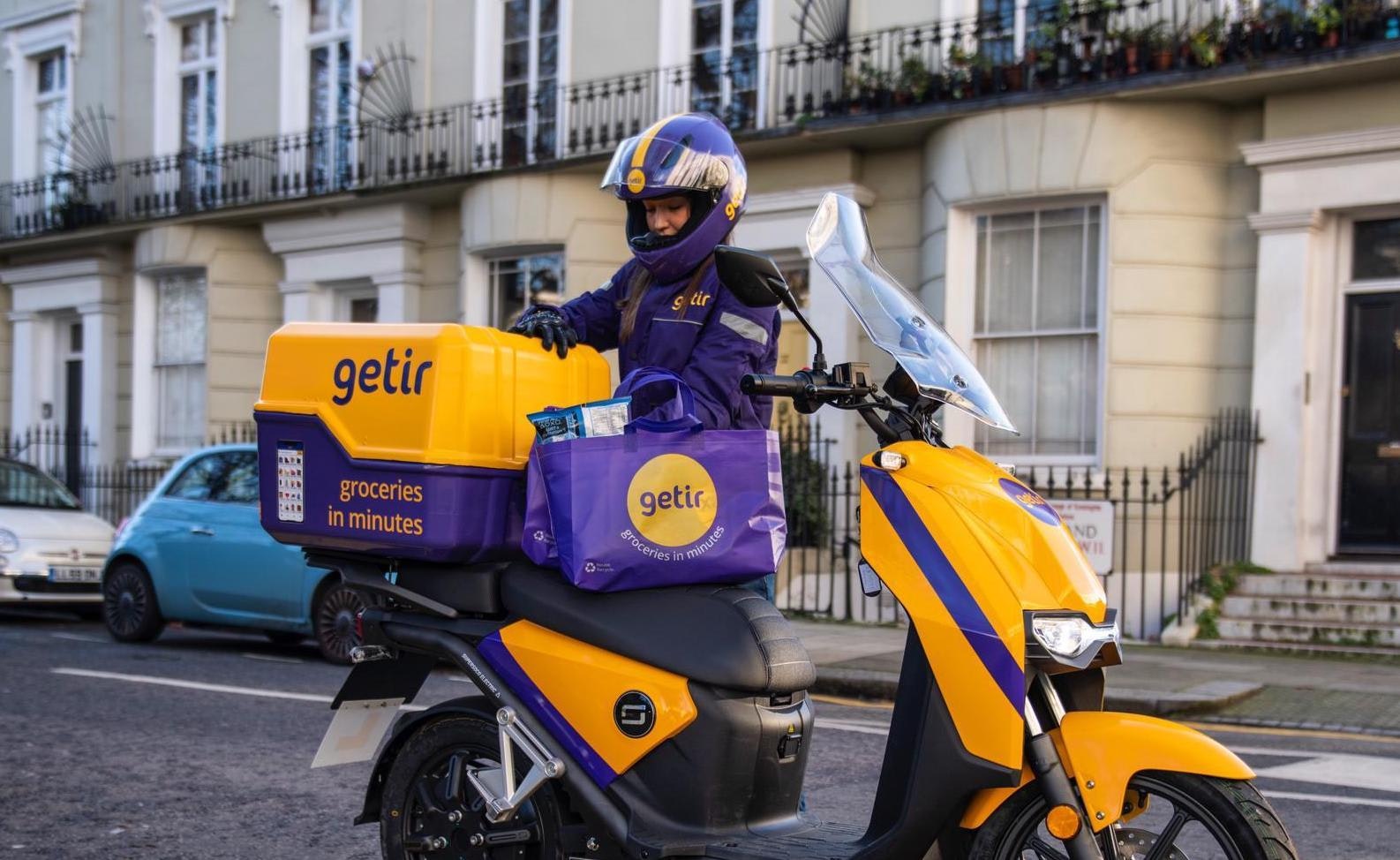Lab-grown meat startup Mosa Meat has revealed how it removed the controversial and costly ingredient, fetal bovine serum (FBS), from its process, a move which could be hugely beneficial for the industry.
FBS has been a significant hurdle to the industry achieving commercial viability and price parity with traditional meat products.
Mosa says its alternative can make the process 80% cheaper. By making it public, the startup could inspire more investor confidence in the sector and help other companies on the road to price parity.
‘No-kill meat’ but reliant on the slaughterhouse
FBS is blood taken from foetuses in pregnant cows during the slaughter process, and it’s used to feed cells in the lab as they undergo "differentiation" — where they turn from stem cells into specific cells such as fat or muscle.
The industry’s reliance on FBS meant startups which set out with the goal of producing "no-kill meat" were heavily reliant on an animal product — and a particularly gruesome one at that.
It was also one of the costliest ingredients in the process — one litre can cost up to £700. A recent analysis suggests lab-grown meat could hit commercial viability by 2030, with removing FBS one of the main hurdles.
US company Aleph Farms partnered with German chemical company Wacker last year specifically to find a solution to remove FBS from its process — a sign of how seriously startups are taking the problem globally.

Open sourcing the answer
Mosa, which was the first to produce a lab-grown burger back in 2013, has said for a while that it had removed FBS from its process. But, as Mosa’s Tim van de Rijdt points out, “companies can say that they are not using it, but maybe they are doing it behind the scenes".
The removal of FBS has remained a hotly debated topic, so to prove that Mosa has ditched the controversial ingredient and show how it’s done it, the company has just published the details in scientific journal Nature.
“It’s still such a debated topic, so we really want to make sure we show the proof,” says Van de Rijdt.
We see this as just one of the fundamental building blocks of this new sector
It means Mosa has essentially open sourced the key to animal-free lab-grown meat. Though it’s also patented the process and the cell feed formulation, meaning they're protected for commercial use for a number of years.
Other startups are also producing lab-grown meat without FBS — like fellow Dutch startup Meatable — but no one else is yet to publicly announce the details of their secret sauce.
Boosting investor confidence
Mosa says its FBS-free process is 80% cheaper than the original when used for fat differentiation. The new paper describes muscle differentiation, but the company says the same price logic applies for both fat and muscle and it intends to share the process for fat soon.
Given that it’s been such a hurdle to profitability, sharing the scientific basis for the alternative is a move which could solidify investor confidence in the lab-grown meat sector.
In Mosa’s latest funding round, for example, the absence of FBS was a hard requirement signed by all participating shareholders.
So how does it work?
Removing FBS involved understanding what parts of it were critical for nourishing cells within animals' bodies.
“Moving away from FBS was basically going from a black box, to understanding what the relevant parts of it are,” Van de Rijdt says. “That can be sugars, it can be amino acids or peptides.”
Moving away from FBS was basically going from a black box, to understanding what the relevant parts of it are
The company then constructed its cell feed replicator using ingredients that aren’t sourced from an animal.
At the same time, they also used RNA sequencing to work out which proteins on the surface of cells (“surface receptors”) needed to be activated by the serum in order to achieve specific differentiations.
The next steps
“We see this as just one of the fundamental building blocks of this new sector,” says Van de Rijdt. “It doesn't mean we've cracked all the challenges.”
Mosa, like a lot of the lab-grown meat industry, is now working on submitting dossiers to food regulators, hoping to have its products regulated for human consumption.
At present, lab-grown meat has only been approved in Singapore, but Van de Rijdt says the path to regulation in Europe is looking increasingly clear.



